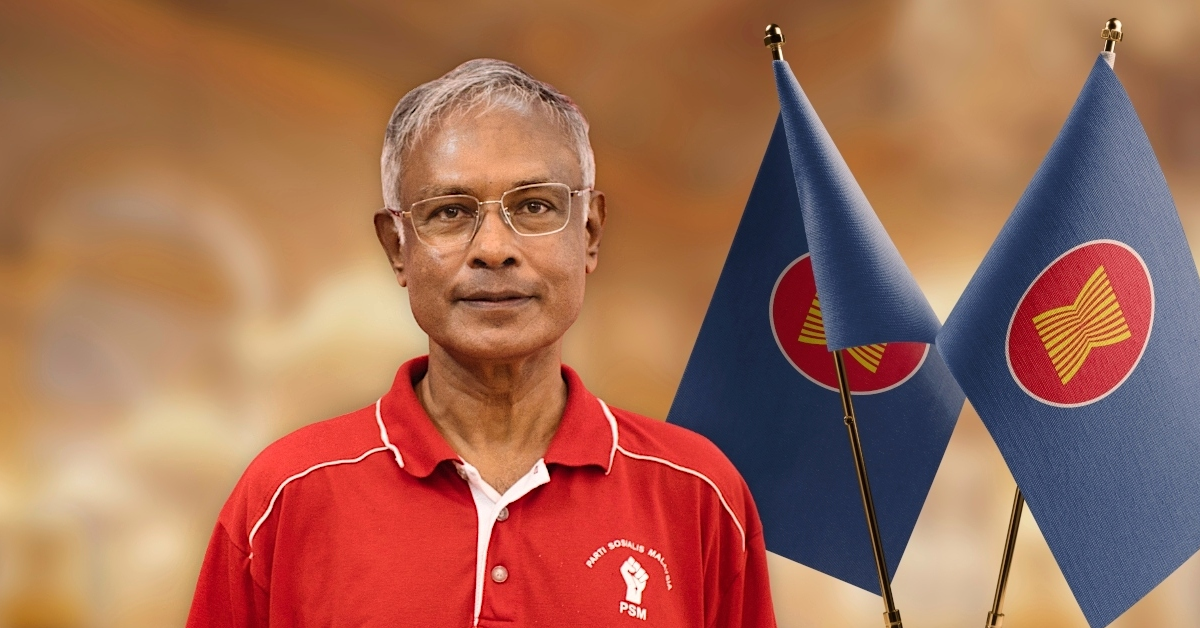How to Build a Prosperous ASEAN
Dr Jeyakumar Devaraj, Chairperson, Parti Sosialis Malaysia (PSM)
23-Jan-25 15:00

Embed Podcast
You can share this podcast by copying this HTML to your clipboard and pasting into your blog or web page.
Close
A couple of days ago, in a memorandum addressed to the Prime Minister Dato Seri Anwar Ibrahim, Parti Sosialis Malaysia (PSM) outlined economic challenges facing Southeast Asia and strategies to create an equitable region. The memorandum was received by one of the special officers to the PM.
We discuss the various challenges and opportunities ahead for ASEAN with Dr Jeyakumar Devaraj who is the Chairperson of Parti Sosialis Malaysia (PSM).
We Discuss:
The biggest political and economic challenges currently plaguing the ASEAN region, from the decline in government revenue, suppressed wages and the climate crisis.
Problems with institutions like the World Bank, IMF and WTO, and alternative strategies.
How can ASEAN develop their internal markets and productive capacities? One of the reasons we rely so heavily on FDIs is because we have no choice due to our productive capacities.
Why it’s important to develop a sense of regionalism and for ASEAN nations to negotiate with foreign powers (i.e. China and BRICS) as a unit.
Unequal development in ASEAN and how it prevents economic cohesiveness in the region. As we know, Singapore is one of the most developed economies in the world; Malaysia, Indonesia, Vietnam, Thailand and the likes are perhaps middle economies; Myanmar continues to endure tremendous hardship – there’s an ongoing civil war/revolution.
Image credit: Shutterstock (background)
Produced by: Dashran Yohan
Presented by: Dashran Yohan
This and more than 60,000 other podcasts in your hand. Download the all new BFM mobile app.
Categories: politics, government, international, economy
Tags: multipolarity, the bigger picture, beyond the ballot box, asean, malaysia, southeast asia, regionalism, regional mobility, social democracy, wealth distribution, wealth inequality, economic inequality, economic growth, capitalism, neoliberalism, foreign direct investments, fdi, government revenue, fiscal policy, taxation, tariffs, poverty, neocolonialism, brics, multipolar world, regional politics, geopolitics, free trade,

